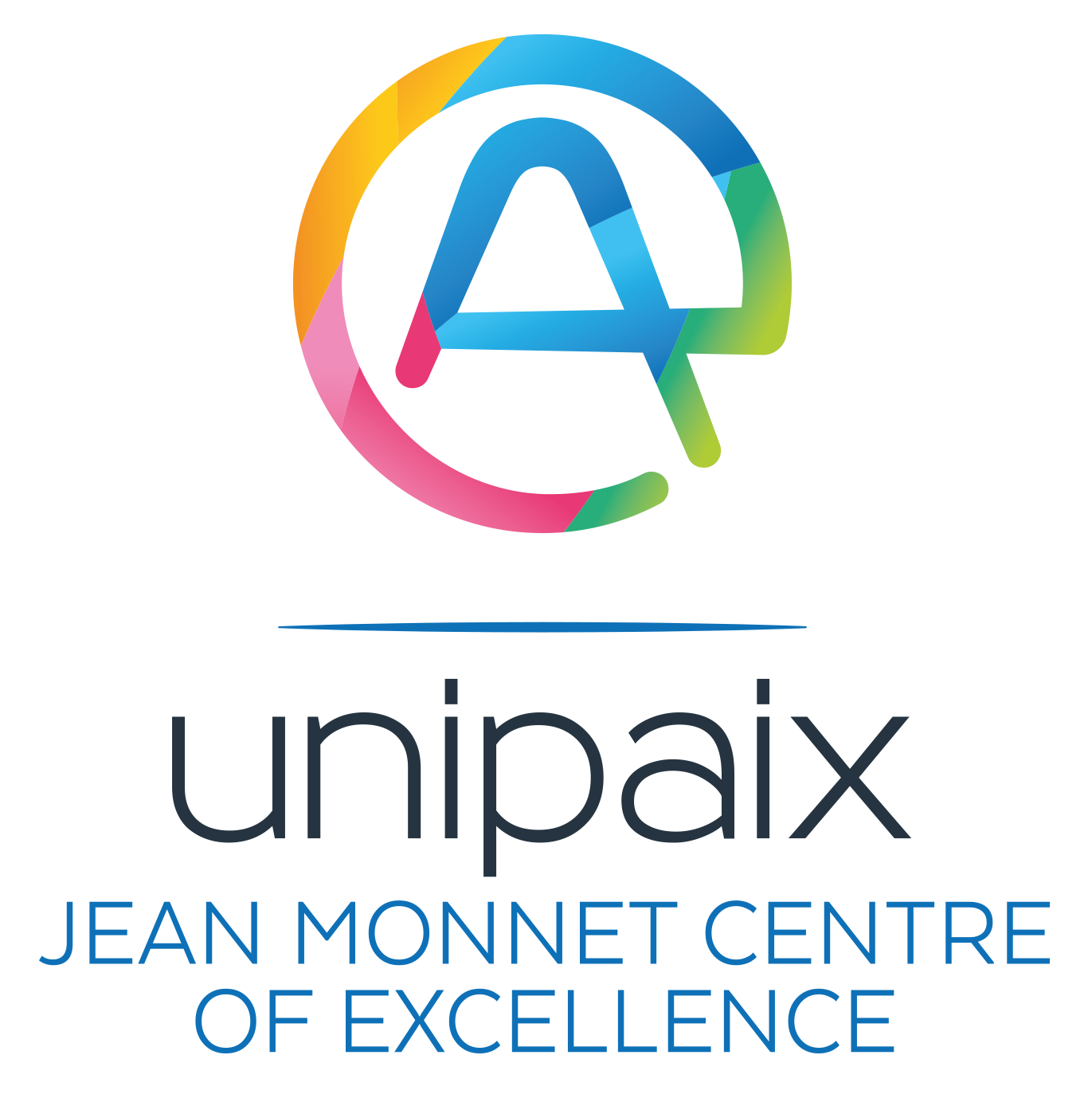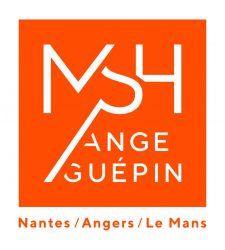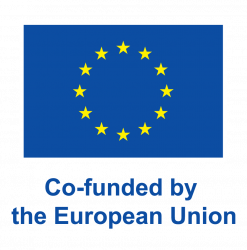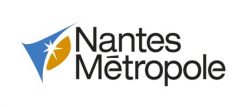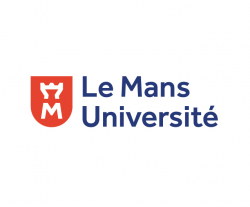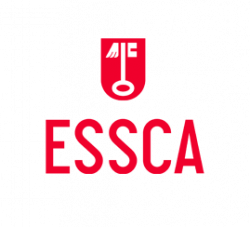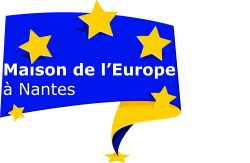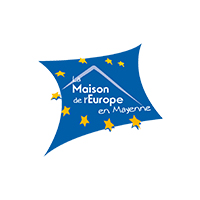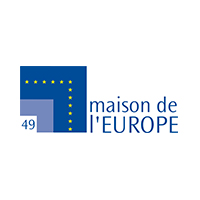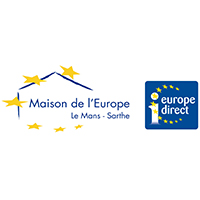The dual health and climate crises confronting humanity and the planet today are unprecedented. These crises are impacting human activity in all its diversity extending across cultural, societal, political, legal, business, economic and educational spheres. In addition to these global phenomena, we have also witnessed national, social (“Black Lives Matter” in the United States, the Afghan crisis…) and political crises (Brexit in the United Kingdom, American insurrection on Capitol Hill in January 2021…). This period evokes representations of real and fictional historical crises. The specter of natural disaster – pandemic, flood, fire, hurricane – and the effects on populations seem to come to life in the media and in the contemporary collective imagination.
This international conference proposes to bring together researchers and professionals from various fields to examine different aspects of the current period, but also of other periods of crisis. We will set out to examine the challenges that arose during these critical times and those that we still face today. Finally, we will also study the opportunities presented by these crises and, in particular, the economic, business, cultural and legal innovations that have emerged and continue to emerge. In the spirit of Applied Foreign Languages and International Business (LEA), a department strongly invested in research in the humanities and social sciences at the University of Nantes, and of the Centre for Research on Identities, Nations and Interculturality (CRINI), this conference is intended to be resolutely interdisciplinary and international. The notions of crisis, challenge and innovation will be examined in three workshops corresponding to the research topics of CRINI’s Theme 2: 1) Language for specific purposes and specialised translation – LSP Didactics; 2) Identities and processes of patrimonialisation; 3) New challenges in international business: trade & supply chain perspectives. The scope of the crises and the multiplicity of their consequences on human activity require an interdisciplinary approach to analyse and understand these complex events.
